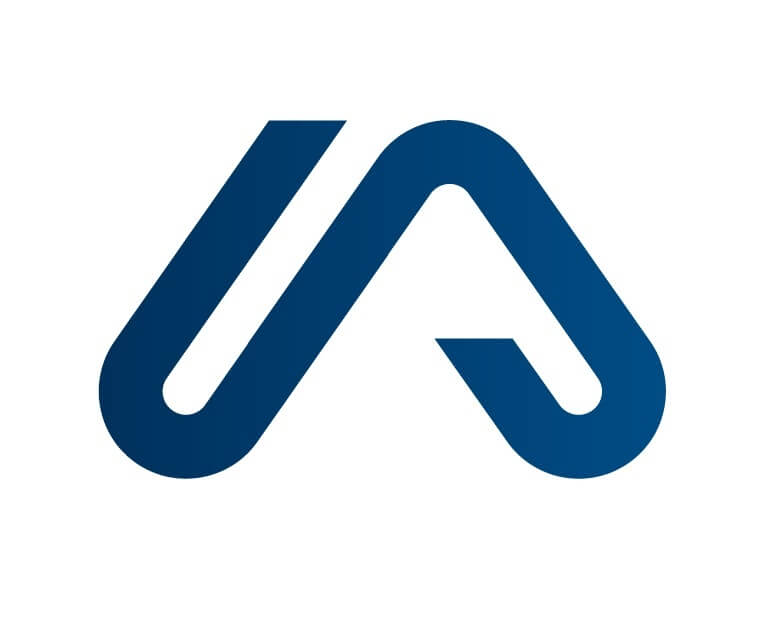The capital gains tax in Switzerland, unlike in many other countries, is very much to the advantage of investors. In the following, we explain how you can use this advantage for yourself and what you need to consider in order to benefit from tax-free profits.
Capital gain is the profit the investor makes when he buys shares at a lower price and sells them at a higher price. For example, one buys ten shares for CHF 100 each and later sells them for CHF 200 each. Accordingly, a capital gain of CHF 1’000 is realized.
Capital gains are based on the increase in value and only count when you sell. As long as they are not sold, you have unrealized capital gains.
In this article, the focus is on capital gains of shares. However, exactly the same rules apply to bonds. There is no difference in capital gains between stocks and bonds.
Capital gains do not only apply to the stock market. They can apply to anything that adds value, such as the sale of real estate.
Tax on capital gains
While most countries have taxes on capital gains, in Switzerland you are completely exempt from these taxes as long as certain criteria are met.
This means that investing in the stock market to increase the value of shares or ETFs is very efficient. A smart investor can double his money without having to pay one centime of capital gains tax in Switzerland. Although this capital gain later increases the wealth tax, this happens with any form of income. This means that income from capital gains is one of the few incomes that is not taxed twice in Switzerland.
If you do not have to pay taxes on capital gains, it is much easier to retire early in Switzerland. Most countries have capital gains taxed. And in some countries the capital gains tax is very high.
For example, an investor pays 20% capital gains tax in Russia and almost 30% in France.
However, the tax exemption on capital gains tax in Switzerland is reserved for private investors. On the other hand, if you qualify as a professional investor, you still have to pay capital gains tax. In this case, your capital gains are added to your income and taxed as such.
Status as a professional investor
By default, investors are considered private investors by the tax authorities. Such an investor invests the money he earns in other ways on the stock exchange. This means that he does not live on his investments. He simply uses the stock market to earn some extra money.
The 5 criteria for classification as a private investor
The Federal Tax Office uses five different criteria to classify private and professional investors.
- Private investors should hold securities for at least six months before selling them
- Capital gains of private investors do not account for more than 50 percent of their net income.
- The total volume of transactions (purchases and sales) of a private investor does not exceed five times the value of the investment portfolio at the beginning of the tax period.
- Private investors invest with their own money, not with loans
- Private investors do not use derivatives (in particular options) unless it is to hedge the risks of their securities
If you as a private investor can answer all these criteria with yes, you will not be subject to capital gains tax in Switzerland. Whereas an investor is considered a professional investor, he should not be able to fulfill one of the points.
However, exceptions are also possible here, because it is up to the tax office to decide which classification one receives. Basically, tax offices use these criteria as rules of thumb. Please note that the first three rules are the most important ones.
In practice, you often have to violate two of these rules to be considered a professional investor.
How do you avoid the capital gains tax in Switzerland?
The first rule should be simple. After all, if you are a long-term investor and, for example, are looking for financial independence, you should buy your shares with the intention of holding them for a long time.
If you are a working person, you are very likely to earn a higher income from work than from capital gains. Therefore capital gains are not taxed.
The third rule is easy to avoid. Keep securities simple and do not try to time the market. If you passively invest in ETFs, the total transaction volume will always be much less than five times the value.
Breaking one of these rules does not mean that you are considered a professional investor. In the end, it is still a person who decides on the status.
For example, if you hold some of the securities for only five months but follow all other rules, you are still considered a private investor in some cantons.
If you are day trading, do a lot of transactions or use options to trade, then it makes sense to have your investor status confirmed by a Tax Ruling.
Where the qualification as a professional investor can quickly occur is at retirement, as you are no longer employed and the capital gains can account for over 50% of your income rather quickly.
You want to be 100% sure?
You are not sure if you have to pay the high income tax on your profits or if the capital gains are completely tax free?
With a Tax Ruling (Steuervorbescheid) we can obtain a binding commitment from the tax office for you based on your specific situation.
This way you can be 100% sure that you will not have to pay any taxes or that you will not suddenly be classified as a professional securities trader.
Feel free to ask us for a Tax Ruling, we will be happy to set this up for you personally.
